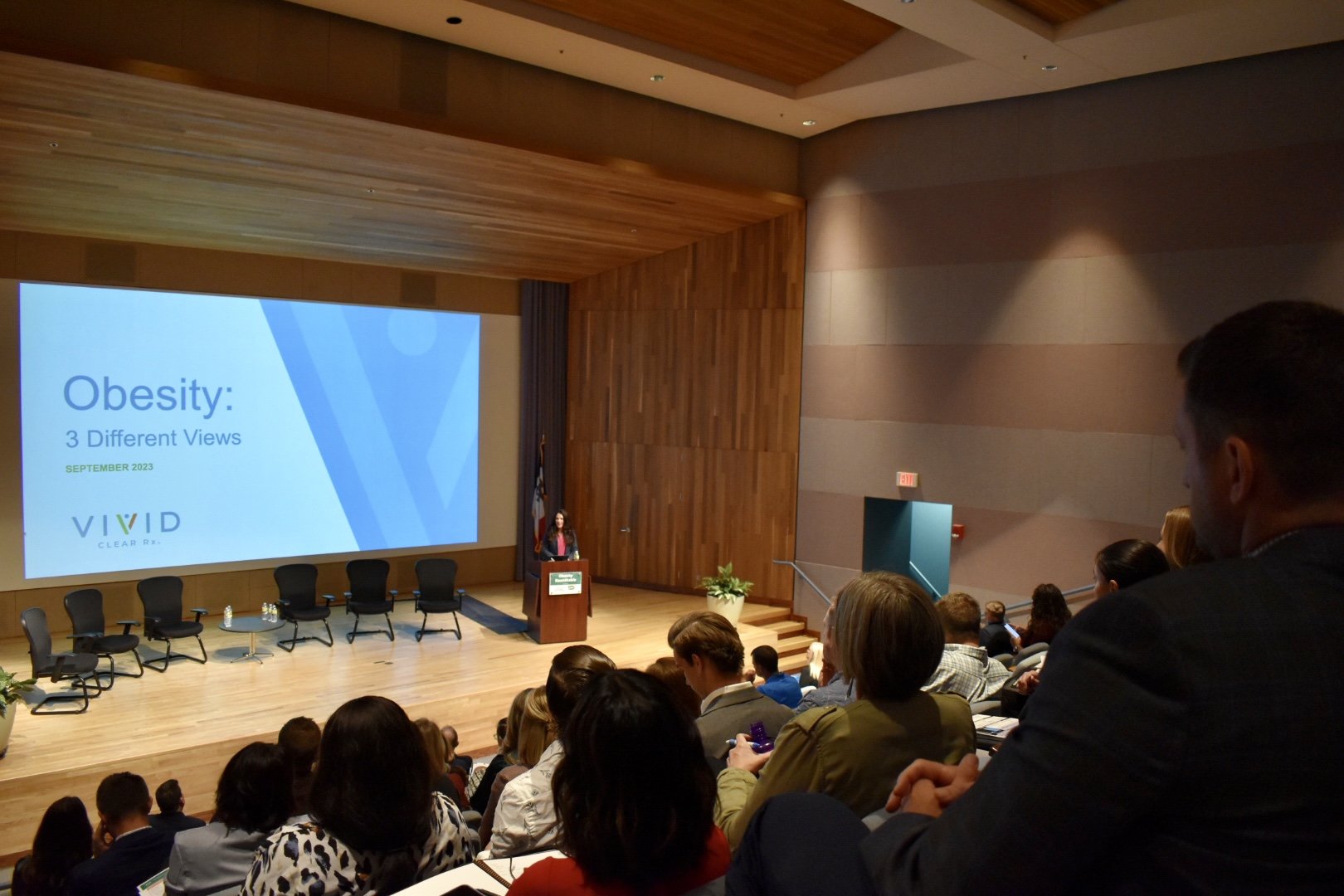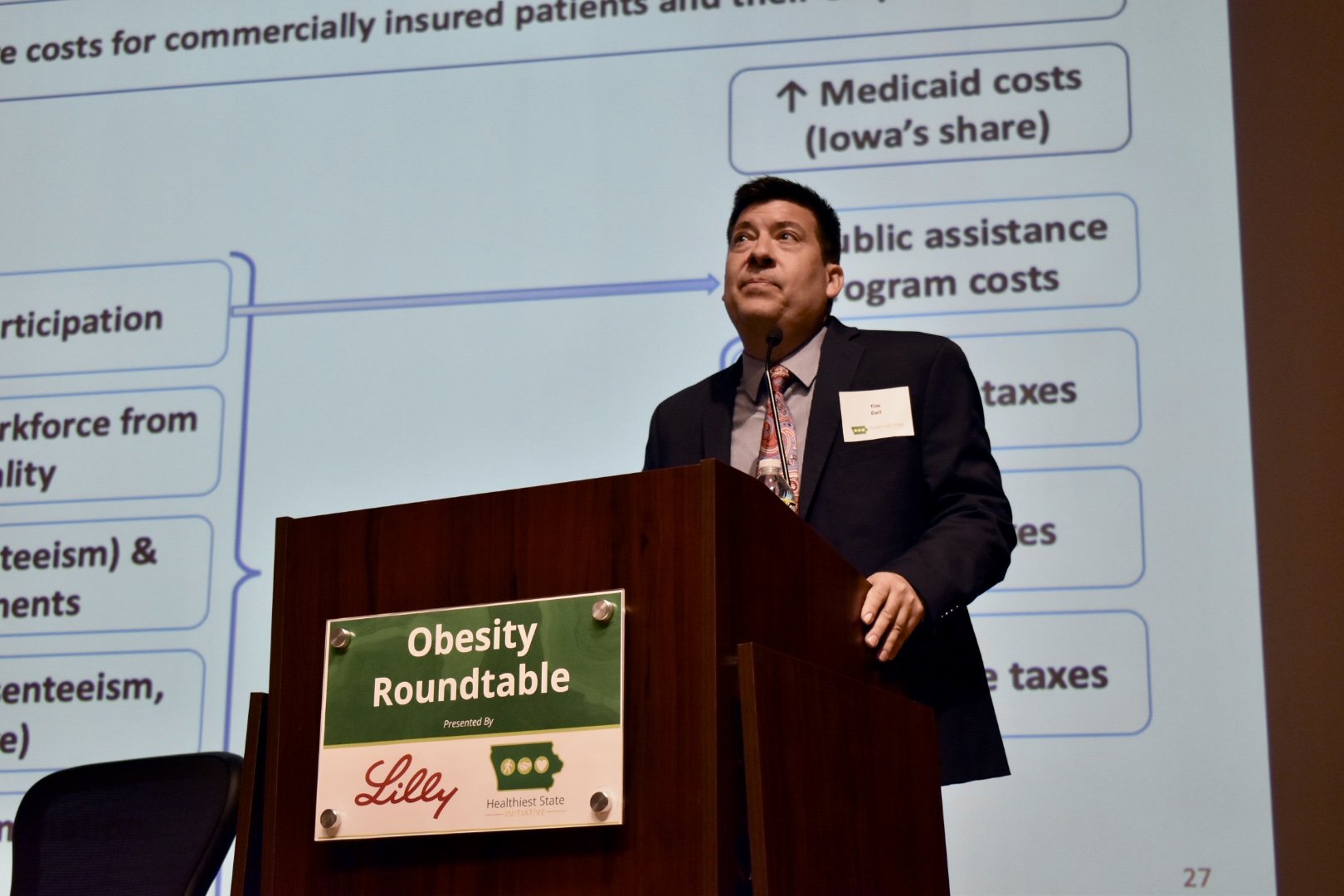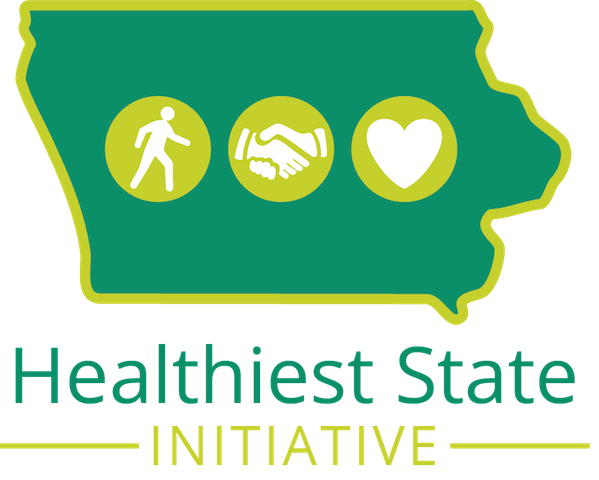Iowa Healthiest State Initiative’s Obesity Roundtable Explores Impact of Obesity on the Economy and Workforce
Experts from across Iowa gather to discuss the economic costs of obesity, and steps forward for the state



The Iowa Healthiest State Initiative held the Obesity Roundtable presented by Lilly at the State Historical Building to discuss the economic impacts of obesity in Iowa. Experts, healthcare professionals, and business leaders from across the state attended to explore opportunities to prevent obesity and to consider ways to support those living with obesity.
Speakers included:
Leon Johns, MD, UI Healthcare
Catherine Ferguson, American Diabetes Association
Tim Dall, Global Data Plc
Amy Wadstrom, Vivid Clear Rx
Jennifer Groos, MD, Primary Health Care
Tracy Sims, Lilly
The event follows a September report by GlobalData Plc, a leading data and analytics company, on the costs of obesity on Iowa’s economy. The report states that, “Obesity and overweight are estimated to have caused $5.7 billion reduction in Iowa’s economy in 2022, equivalent to 2.5% of the state’s gross domestic product.”
The report further illustrates the impact on employers and government spending, “Employers in Iowa paid an extra $619 million in higher medical expenditures for health complications attributed to obesity and overweight. The federal government also spent an estimated $1.1 billion more on Medicare and Medicaid for Iowa residents”
“The Obesity Roundtable underscored the need for concerted effort and collaboration from all sectors of Iowa’s workforce to address obesity in the state.” said Jami Haberl, executive director of the Iowa Healthiest State Initiative. “By focusing on education, prevention, and policy change, we can reverse the growing trend of obesity in Iowa, and reduce the impact it has on our economy.”
These negative impacts on obesity notably exacerbate inequities affecting women and people of color. According to Global Data Plc, earnings for women with obesity compared to women with a healthy weight was 9% lower. “Women are disproportionately affected by the detrimental impact of obesity on labor force participation and pay. Minorities experience higher rates of obesity. The detrimental financial aspects of obesity affect household income leading to greater inequities”.
Important policy and societal changes discussed to address obesity include engaging pharmacists as a resource, reducing stigma and bias of obesity, creating multi-sector partnerships, treating pre-disease state for patients, and understanding evidenced based strategies to prevent and treat obesity.
The report and roundtable discussion serve as a starting point for further collaboration among stakeholders to create strategies that combat obesity and improve the quality of life for Iowans living with the obesity statewide. To learn more visit iowahealthieststate.com.
###
The Healthiest State Initiative is a nonpartisan, nonprofit organization driven to ensure that every Iowan has the opportunity to live their healthiest life. Creating awareness and integrating solutions to improve the physical, social and mental well-being of Iowans, we can inspire individuals and their communities to improve their health and happiness, and ultimately achieve our goal. For more information, visit http://www.iowahealthieststate.com.

